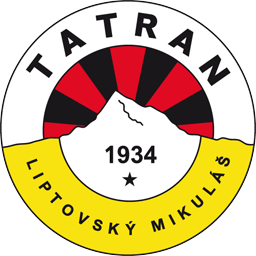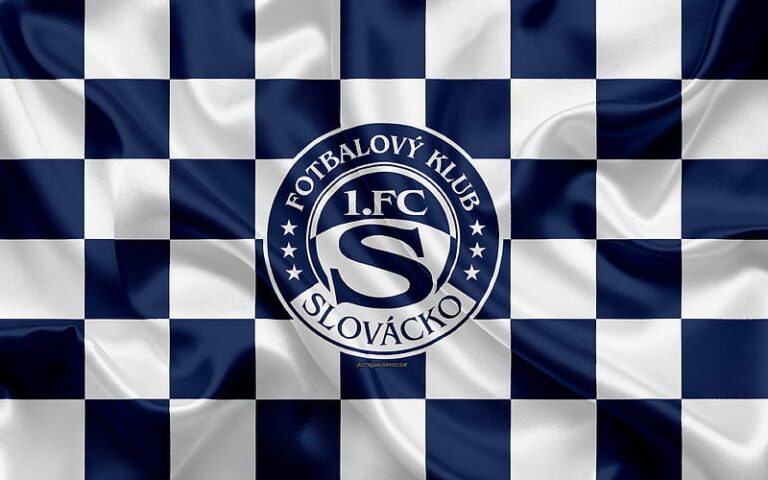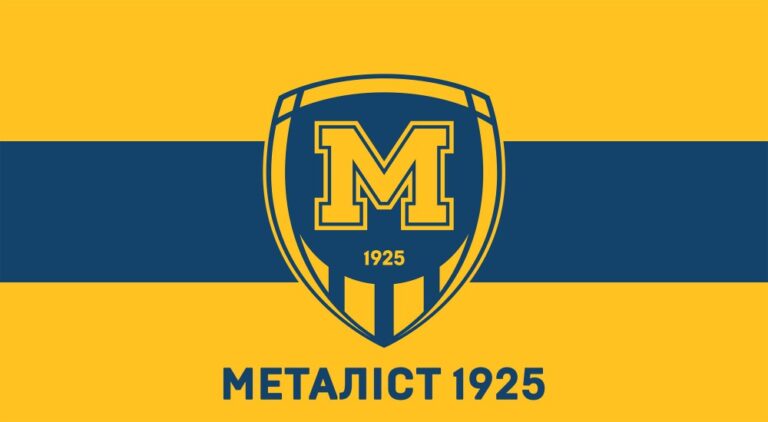
FC Wolverhampton: History, Key Players & Recent Performance
FC Wolverhampton, commonly known as Wolves, is a professional football club based in Wolverhampton, England. The club boasts a rich history filled with triumphs and challenges, an array of key players who have made their mark, and recent performances that capture the attention of football fans globally. This article aims to delve deeply into the various aspects that make up FC Wolverhampton, from its storied past to its current standing in English football Jun88.
FC Wolverhampton History and Achievements
The narrative of FC Wolverhampton is one steeped in heritage and success. Established in 1877, it has seen numerous ups and downs while also claiming significant achievements throughout its history. Wolves were one of the founding members of the Football League in 1888, showcasing their early commitment to the sport and competitive excellence.
Early Years and Formation
Wolverhampton Wanderers was founded by a group of local cricketers who were looking for an off-season activity. Initially, they played matches against other village teams and gradually began competing at a higher level.
With the establishment of the Football League in 1888, Wolves became a pivotal part of the English football landscape. Their first major achievement came in 1908 when they won their first league title, marking the beginning of a series of successes in the following decades.
Major Trophies and Honors
Over the years, FC Wolverhampton accumulated a commendable collection of trophies, including:
- Three League Championships (1954, 1958, 1971)
- Four FA Cups (1949, 1960, 1966, 1980)
- One European Cup Winners’ Cup (1972)
This success not only cemented their status as a formidable force in English football but also allowed them to compete on an international level during the late 20th century.
Transition and Challenges
Despite their rich history, the club faced challenging periods during the late 20th century, including relegation to lower divisions. However, this adversity proved to be a catalyst for rejuvenation. Strategic changes in management and player recruitment set the stage for a resurgence that would see Wolves return to the Premier League.
The club’s ability to adapt and evolve through trials is reflective of its strong spirit. With a loyal fan base and community support, FC Wolverhampton continues to thrive, blending tradition with modernity.
Key Players in FC Wolverhampton’s Success
Throughout its illustrious history, many football legends have donned the yellow and black jersey of FC Wolverhampton. These players have contributed significantly to the club’s successes both on and off the pitch, leaving legacies that resonate with generations of fans.
Historic Legends
From the early days of the club to the modern era, Wolves have been graced by several iconic players.
One such figure is Billy Wright, who captained the national team and spent his entire career at Wolves. Not only did he lead the club to multiple titles, but he also set standards for professionalism and dedication that future players aspired to follow.
Another historic name worth mentioning is Steve Bull, a prolific striker who became a club legend during the 1980s and 90s. With over 300 goals for the club, Bull’s prowess in front of goal helped Wolves regain their footing in the top division.
Modern Icons
In more recent times, players like Raúl Jiménez and Ruben Neves have drawn attention for their exceptional skills and contributions. Jiménez, known for his clinical finishing and work rate, has become a fan favorite since joining from Benfica. His ability to lead the line and create opportunities has been essential for the team’s performance in the Premier League.
Ruben Neves, on the other hand, is celebrated for his composure, vision, and long-range shooting ability. His presence in midfield not only provides stability but also enhances the attacking dynamics of the team. Both players symbolize the modern era of FC Wolverhampton, illustrating the club’s successful scouting and recruitment strategies.
Impact of Managers
The influence of managers cannot be overlooked in discussing Wolves’ key players. Coaches like Nuno Espírito Santo and currently Bruno Lage have identified and nurtured talent that aligns with their tactical ethos. This relationship between manager and player is crucial in fostering an environment where individual talents can shine while contributing to collective success.
FC Wolverhampton’s Home Stadium: Molineux
Molineux Stadium, the home of FC Wolverhampton, is an iconic venue that offers a formidable atmosphere for fans and players alike. Its storied walls are filled with the echoes of thrilling matches, unforgettable goals, and passionate support from the stands.
A Brief History of Molineux
Opened in 1889, Molineux has undergone various renovations and expansions throughout its existence. Originally built as a cricket ground, it transitioned to football, becoming the home of Wolves and later serving as a venue for larger sporting events.
Significant upgrades, including the introduction of all-seater stands in the 1990s and the construction of the Stan Cullis Stand, have transformed Molineux into a modern facility while retaining its historical essence. The capacity currently stands at over 30,000, making it one of the larger stadiums in the Premier League.
The Atmosphere on Match Days
Match days at Molineux are electrifying experiences that encapsulate the passion of FC Wolverhampton supporters. From the moment fans arrive, there is a palpable buzz as the city comes alive with the anticipation of kick-off. The atmosphere is amplified by the loyal supporters who fill the stands, creating a wall of sound that motivates the players on the field.
Whether it’s a fierce local derby or a significant league encounter, the excitement radiates throughout the stadium. The synchronized chants and unwavering support form a fortress that opposing teams find challenging to breach.
Facilities and Future Developments
In addition to being a sporting venue, Molineux also boasts excellent facilities for fans, including hospitality suites, restaurants, and merchandise shops. The club has plans for further development to enhance the experience for visitors while preserving the stadium’s heritage.
With advancements in technology and infrastructure, Molineux is poised to remain an integral part of FC Wolverhampton‘s identity for years to come. Its enduring charm and modern amenities make it a must-visit location for football enthusiasts.



